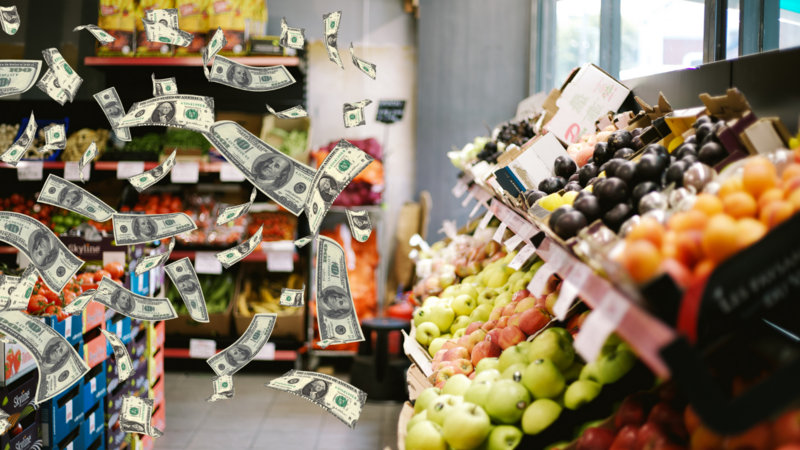If you were disappointed by the new grocer “code of conduct” for being light on details around how the new rules would actually be enforced, this might be some welcome news.
Driving the news: This week, the parliamentary committee looking into the high cost of groceries released 13 recommendations tied to their findings. If the government determines grocers are making excess profits on groceries, one sweeping solution could involve a windfall tax on grocers.
- The committee also acknowledged that grocers have faced cost pressures from supply chain issues and labour shortages but noted that net income and profit margins have notably increased compared with before the pandemic.
- If you ask the grocers, they’re adamant that they’ve been responding to the price hikes passed along to them by suppliers, as well as benefitting from profits tied to higher sales of high-margin pharmacy products, like supplements or cold medicine.
Catch up: Some economists have begun advocating for governments to introduce windfall taxes as a way to discourage businesses from keeping their prices high even as they generate profits above and beyond the norm.
- "Some witnesses suggested that taxation can play an important role in the current inflationary environment as a tool to help regulate large companies in certain sectors that, in their view, are setting retail prices that exceed their production costs,” the Parliamentary report found.
Why it matters: By September 2022, the rising cost of groceries had outpaced the overall pace of inflation (6.9%) to 11.4%. And as inflation slowed, food prices stayed high. If that persists, the pressure will grow for the feds to step in. —SB
